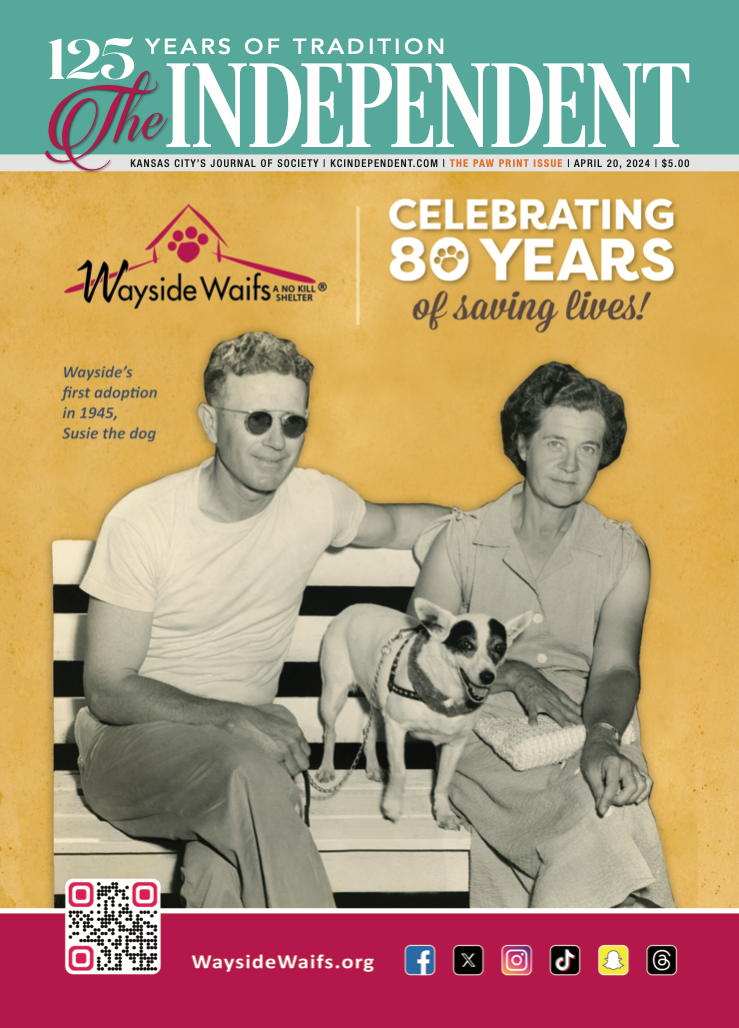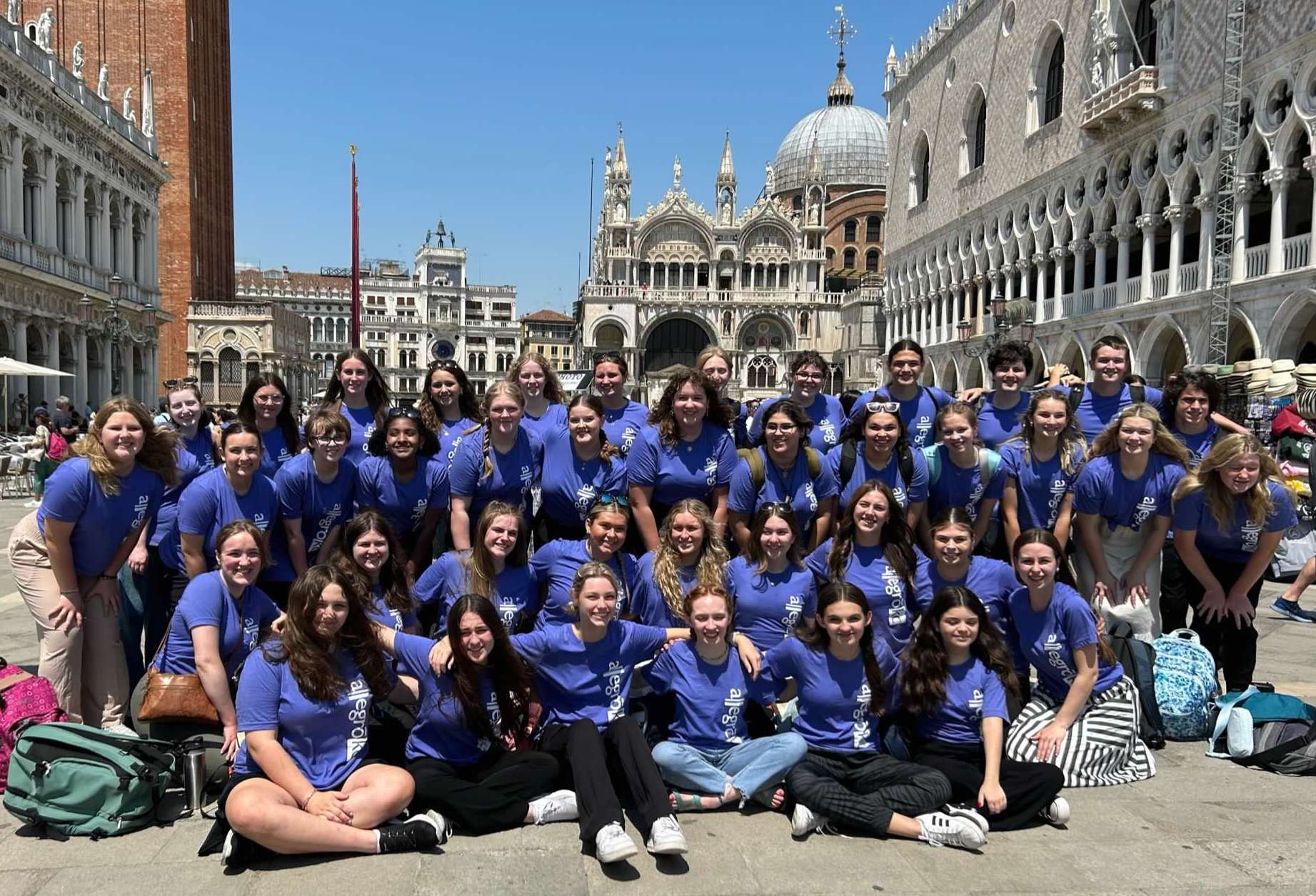IRELAND, GERMANY AND BEYOND: Stealth, planning and artistry have boosted mezzo’s rise to fame
Almost every singer has a “breakthrough” moment, when he or she lands the right role at the right time and scores a deep impression with public and press. For Irish-born mezzo-soprano Tara Erraught that moment came in March 2011, when she was called upon at the last minute to fill in for an ailing Vesselina Kasarova in the role of Romeo in Bellini’s Capuleti e Montecchi. But there was a hitch: It was Monday, and she had a week to learn the plum mezzo role. Worse still, it wasn’t until Friday that the general director of the Munich-based Bavarian State Opera finally announced that she could have the lead if she could memorize the part by Sunday. Whodoes that? “It’s amazing what adrenaline can do,” said the 26-year-old singer recently from Munich, where she is a member of the “Staatsoper.” “When you’re desperate enough for a chance, you can do anything, and I was desperate.” So she ate and slept the role for two days and opening night was a bit of a phenomenon – she was treated to an extended standing ovation – that has helped cap an already precipitous rise to international career heights.
On April 12th at the Folly Theater, Tara makes her Kansas City debut on the Harriman-Jewell Series, in a recital of songs and bel canto arias. She is eager to point out, by the way, that she could not have pulled off the Capuleti feat alone: A whole team has assisted her at every step of her career, she says. After her undergraduate study in Ireland (including work with legendary Irish vocal teacher Veronica Dunne) she spent her first years in Munich as part of the BSO’s studio, where she was trained in every aspect of vocal and operatic art. There she has sung dozens of roles, and she says the comfort factor of being part of an “ensemble” has been essential to her development. “It’s a house that I know, a stage that I know, an orchestra and a company I know. So everything is slightly more relaxed. And there are people who go to great lengths to help you. You never have to be too nervous, because you know that if the things are musically and linguistically on top, all you have to do is go out and enjoy yourself.”
Such is not to undervalue the firm foundation she received as a youngster in Ireland, where everybody makes music and competitions are deeply rooted. “Everyone performed, you weren’t really special,” she says of her upbringing outside Duldalk between Dublin and Belfast. “We have a great folk culture in Ireland, and everywhere you go people sing or they play an instrument. It’s just quite natural. I am so grateful for that. It taught you how to perform. You learned super-early the enjoyment of it, so you never learned to be afraid of it.” At first she sang lots of Gaelic songs, but at age 13, during a family trip to Italy, she heard Verdi’s Aida and was hooked. “I knew then that it was what I wanted to do.”
Highlights of her career have also included new productions of L’Enfant et les Sortilèges and Hansel und Gretel in Munich as well as her first Orlovsky (Die Fledermaus) and Nicklausse (Tales of Hoffman). At the Vienna State Opera this season she bows in The Barber of Seville and La Cenerentola. The latter (“Cinderella”) was also a breakout role for KC’s mezzo Joyce DiDonato, in a La Scala debut that gave a kick-start to her career. “It’s an incredible role,” says Tara, who met Joyce recently at BSO and helped her find a “real American burger” at an Irish pub in Munich. “For one thing it’s not often, let’s be honest, that the mezzo gets to play the main role.” What makes Cinderella so fascinating for mezzos is that “it lets each singer bring something of her own to it. And it gives the public a great idea of who you are and what you can play. Plus every time you bring her out, she’ll be a little bit different.”
The day after she closes in the Munich Hansel she heads over the pond for her second North American solo tour, which she says is an outgrowth of her belief in the importance of recitals. In Ireland the singing of songs is really about telling stories, she says. “For me that’s what a recital is, the opportunity to tell maybe 30 good stories in one night.” The challenge of a recital is that it’s all you. “You are there by yourself, just you and the pianist. No orchestra, no sets, no costumes, no colleagues to hide behind. … So you’ve got to be sure of what you’re doing. You only pick repertoire that you know really well.” Recitals can also serve as a sort of checklist for a singer’s technique, she adds. “Because you couldn’t do a recital if you have technical problems. I’m still at the age where the voice is growing quite a lot … and it’s wonderfully exciting to bring out this very exposed repertoire, it’s like a fitness check-up.”
Are there Irish stereotypes she’d like to explode? “Of course that we are these unending alcoholics,” she says with a laugh. “That’s one I haven’t particularly experienced in my life … yet it is a big part of the reputation.” And then there’s the breakfast connection, she says, and the leprechauns. “While I’m in America people are always making jokes about breakfast cereal.” Finally she broke down and asked her manager, Jack Mastroianni, what it was all about. (Lucky Charms, of course.) “I had no clue.” Joking aside, she says the great things about Ireland are its people and its beautiful landscape. “Ireland is a good place to go: It’s a place where people want to have good fun. It’s an open, warm place.” Plus, she adds, “the link between Ireland and America is really long-rooted, and very important.”
Recently the Harriman series announced its lineup for the 2013-2014 season. (See below.) For tickets to Tara’s recital on April 12thcall 816-415-5025 or go to hjseries.org.
To reach Paul Horsley, performing arts editor, send email to phorsley@sbcglobal.net.
HARRIMAN-JEWELL SERIES 2013-2014
Ji-Yong, piano (September 21st, Discovery Concert, Folly Theater)
Dance Theatre of Harlem (October 4th, Muriel Kauffman Theatre)
Abyssinian: A Gospel Celebration Featuring the Jazz at Lincoln Center Orchestra with Wynton Marsalis and Chorale Le Chateau conducted by Damien Sneed (October 19th, Helzberg Hall)
Deborah Voigt, soprano (October 25th, Folly)
Bach’s Own Choir: Thomanerchor Leipzig and Leipzig Baroque Orchestra (November 7th, Folly)
George Li, piano (November 16th, Discovery Concert, Folly)
Canadian Brass (December 2nd, Helzberg)
Royal Philharmonic Orchestra, with Pinchas Zukerman, violin (January 16th, Helzberg)
The Sleeping Beauty, featuring the Moscow Festival Ballet (January 24th, Kauffman Theatre)
Gil Shaham (February 5th, Folly)
Bahia Orchestra Project, with pianist Jean-Yves Thibaudet (February 11th, Helzberg)
Nicola Benedetti, violin (February 15th, Folly)
Haifa Symphony Orchestra of Israel (March 1st, Helzberg)
Narek Hakhnazaryan, cello (March 14th, Discovery Concert, Folly)
Ben Heppner, tenor (April 12th, Folly)
Yevgeny Sudbin, piano (April 26th, Folly)
Brian Stokes Mitchell, Simply Broadway (May 10th, Helzberg)
Trey McIntyre Project (May 22nd, Kauffman Thea
Features
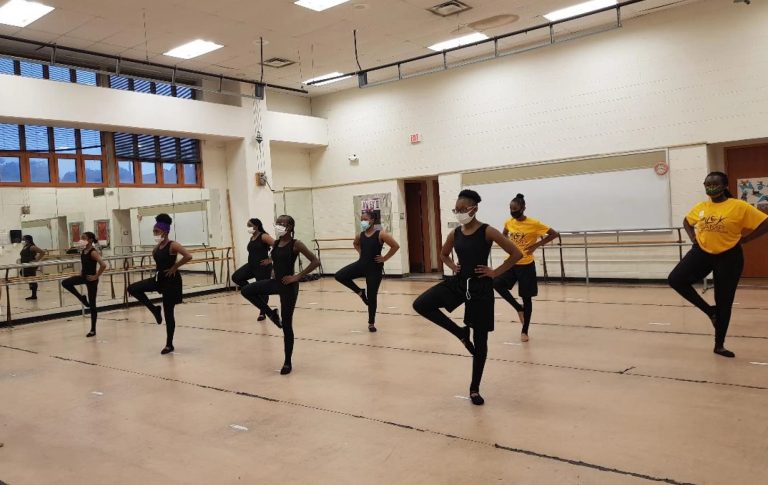
Tyrone Aiken danced prodigiously as a youth, trained at The Ailey School as a young adult, worked as a professional dancer at the height of the New York dance ferment,…
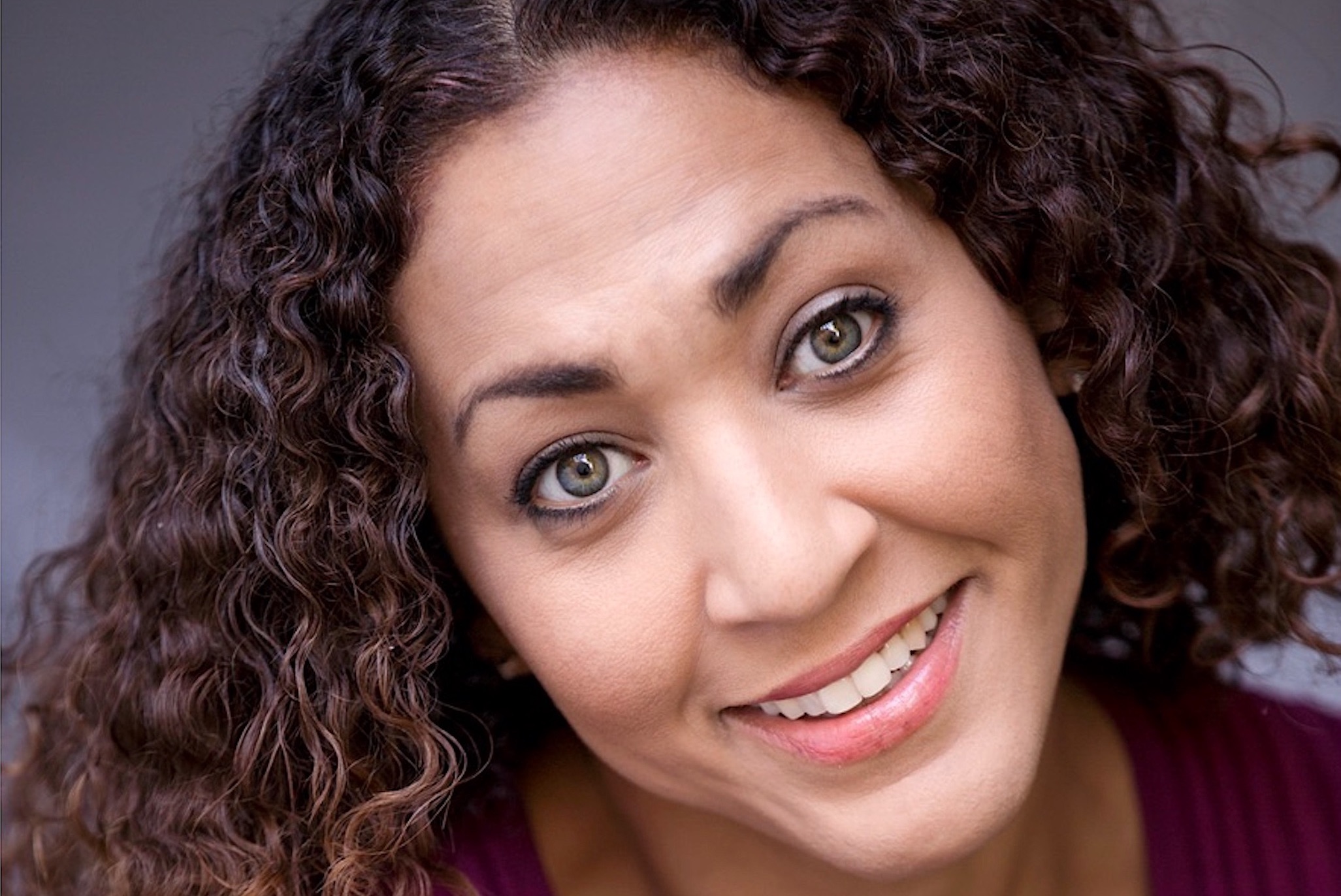
CAROLINE DAHM Dancer, choreographer, producer, master teacher, adjunct dance professor at The UMKC Conservatory, assistant director at Wylliams/Henry Contemporary Dance Company What I love about the Kansas City performing-arts scene: Kansas…
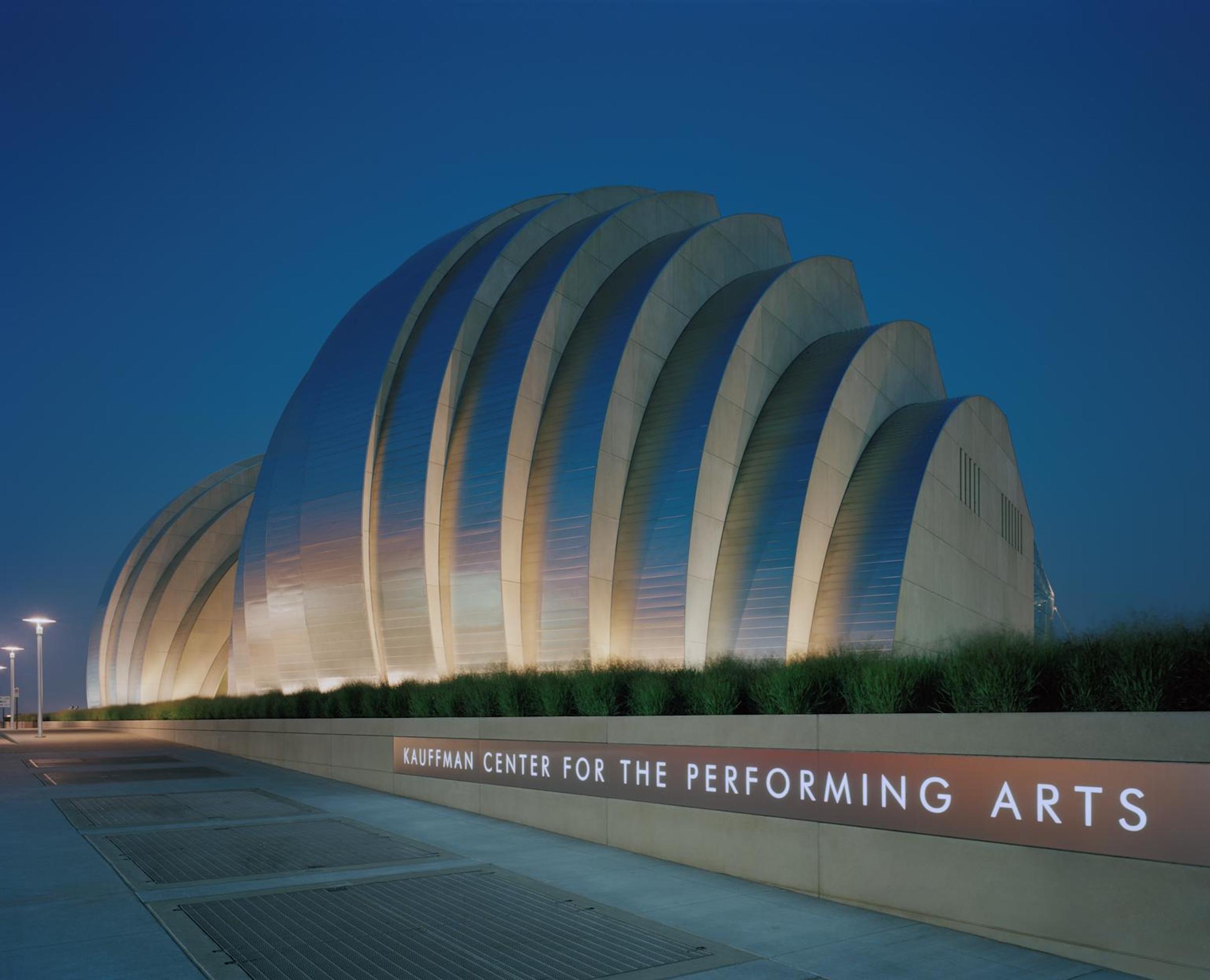
It’s difficult to remember what the Kansas City skyline looked like 20 years ago, before the Kauffman Center for the Performing Arts began to take shape at 16th and Broadway.…

